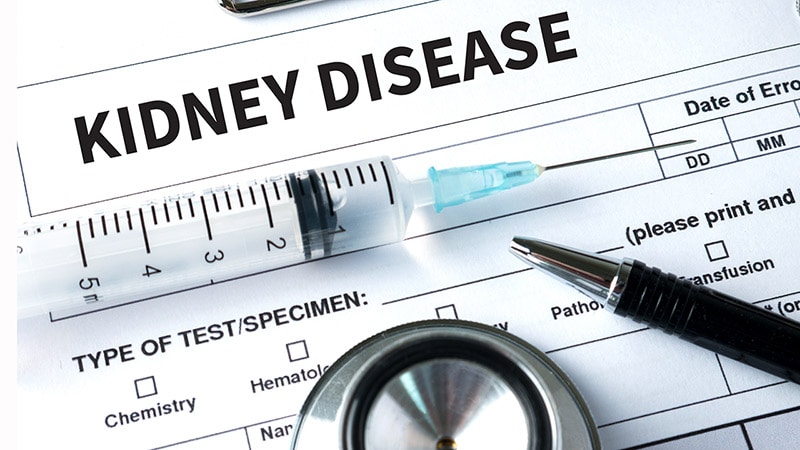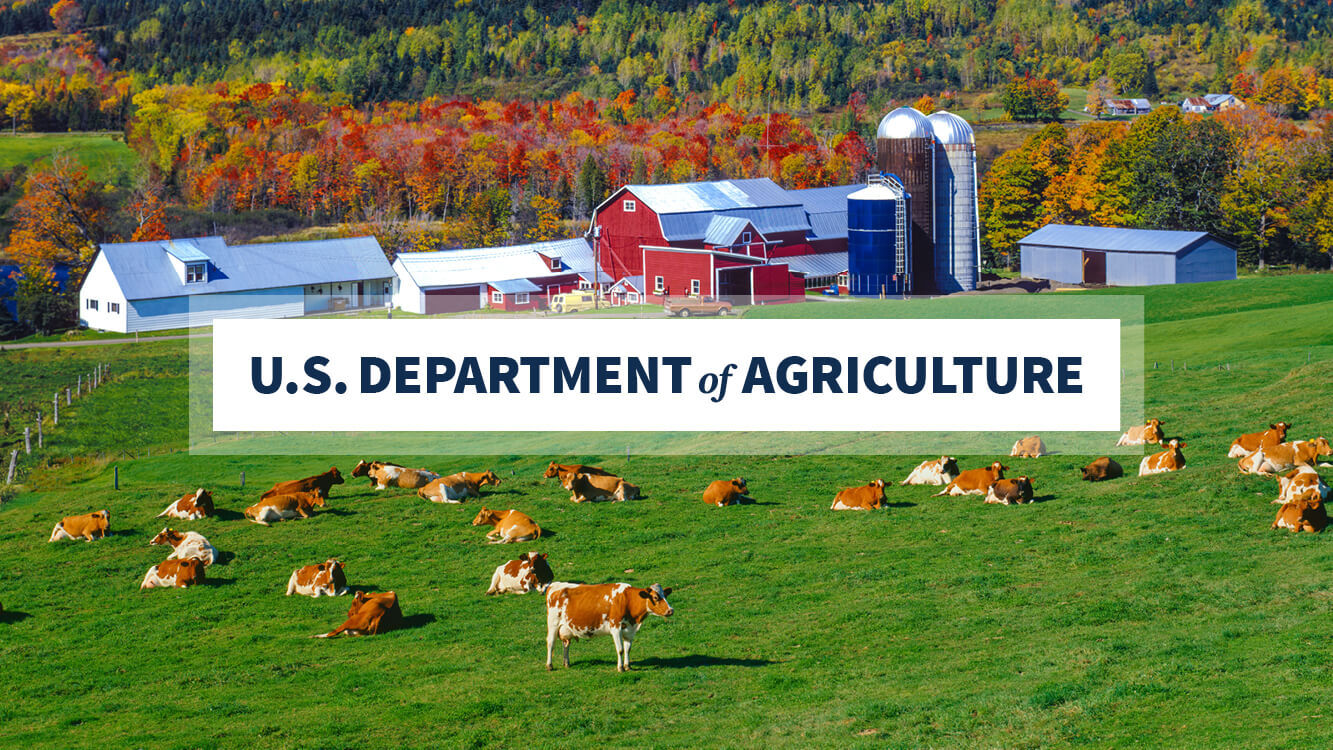$196 Million Investment Expands Markets and Creates Jobs in 37 States and Puerto Rico
WASHINGTON, Nov. 27, 2023 – As part of the inaugural meeting of the White House Council on Supply Chain Resilience, President Biden and U.S. Department of Agriculture (USDA) Secretary Tom Vilsack announced today that USDA is making investments that will strengthen American food and agriculture supply chains, expand markets for agricultural producers, and lower food costs.
“The Biden-Harris Administration is championing America’s farmers and ranchers by helping expand businesses and supporting more robust American supply chains,” Vilsack said. “Today’s investments in agricultural producers and rural entrepreneurs will create better economic opportunities that bolster food supply chains across the country and increase competition—a key pillar of Bidenomics. This will result in more affordable prices and choices for consumers, as well as more opportunities and revenue for farmers.”
Today’s announcement was made as part of the inaugural meeting of the new White House Council on Supply Chain Resilience which is part of President Biden’s Bidenomics agenda to lower costs for American families and increase investment in America’s supply chains critical to economic and national security. Today’s funding builds on prior investments made by USDA under President Biden’s Investing in America agenda to increase competition and lower costs by enhancing independent meat and poultry and other diversified food processing capacity, strengthening local and regional food systems, and expanding domestic, innovative fertilizer production.
USDA is making investments in 185 projects worth nearly $196 million to create new and better market opportunities for producers and entrepreneurs in Arizona, California, Colorado, Florida, Georgia, Iowa, Idaho, Illinois, Indiana, Kansas, Kentucky, Louisiana, Maine, Maryland, Massachusetts, Michigan, Minnesota, Mississippi, Montana, Nebraska, New Hampshire, New Jersey, New Mexico, New York, North Carolina, Oklahoma, Oregon, Pennsylvania, South Carolina, South Dakota, Tennessee, Texas, Vermont, Virginia, Washington, Wisconsin, Wyoming and Puerto Rico.
For example:
- In Texas, Lone Star Bakery is a third-generation family-owned business that provides foods like pastries and desserts to multinational food service providers and grocery store chains. They will use a $40 million Food Supply Chain Guaranteed Loan to help offset costs to purchase and install new equipment, make property improvements, upgrade technology and refinance. The loan will modernize two facilities in China Grove to meet the needs of current and future customers.
- Merchant’s Garden LLC is a hydroponic and aquaponic farm in Tucson, Arizona. The company will use a $250,000 Value-Added Producer Grant to expand marketing and sales of prepackaged salad mixes to help them become a local supplier of organic leafy greens for southern Arizona.
- Lot 279, LLC in Nebraska will use a Value-Added Producer Grant to process, market, distribute and advertise their direct-to-consumer beef cattle cuts and shares. The project is expected to increase revenue for the company by almost $600,000 a year and increase their customer base by 4,800 people.
- The Center for EcoTechnology Inc. in Massachusetts will use a $24,355 Rural Business Development Grant to help small farmers decarbonize their farmwork through outreach, technical assistance, training and education across the Berkshire region. The grant will benefit almost 40,000 residents in 25 towns.
Background
USDA and the Biden-Harris Administration are making these investments through six programs designed to create economic opportunities for people and businesses in rural areas.
Rural Business Development Grants assist with economic development planning and/or the financing or expansion of rural businesses by providing technical assistance and training for small rural businesses.
The Value Added Producer Grants Program helps farmers and ranchers venture into new markets by adding value to their bio-based products that will increase their revenue. Funds may be used to process or market these products. For example, a grape farmer may use funding to produce and market wine.
Business and Industry Loan Guarantees help improve rural economic health by increasing access to business capital, allowing commercial lenders, like banks and credit unions, to offer affordable financing to eligible rural businesses. This program was authorized by the Consolidated Farm and Rural Development Act.
The Food Supply Chain Guaranteed Loan Program supported investments in infrastructure for food processing, manufacturing, storage, transportation, wholesaling, aggregation and distribution to increase capacity and create a more resilient, diverse and secure U.S. food supply chain through the American Rescue Plan Act.
The Rural Economic Development Loan and Grant Program provides funding for rural projects through local utility organizations. USDA provides zero-interest loans to local utilities which, in turn, lend the funding to local businesses to support projects that will create and keep jobs in rural areas.
Under the Biden-Harris Administration, USDA Rural Development provides loans, loan guarantees and grants to help expand economic opportunities, create jobs and improve the quality of life for millions of Americans in rural areas. This assistance supports infrastructure improvements; business development; housing; community facilities such as schools, public safety and health care; and high-speed internet access in rural, tribal and high-poverty areas. For more information, visit www.rd.usda.gov.
USDA is transforming America’s food system with a greater focus on more resilient local and regional food production, fairer markets for all producers, ensuring access to safe, healthy and nutritious food in all communities, building new markets and streams of income for farmers and producers using climate-smart food and forestry practices, making historic investments in infrastructure and clean energy capabilities in rural America, and committing to equity across the Department by removing systemic barriers and building a workforce more representative of America. To learn more, visit www.usda.gov.
To subscribe to USDA Rural Development updates, visit the GovDelivery subscriber page.
#
USDA is an equal opportunity provider, employer, and lender.
Note: This article have been indexed to our site. We do not claim legitimacy, ownership or copyright of any of the content above. To see the article at original source Click Here













